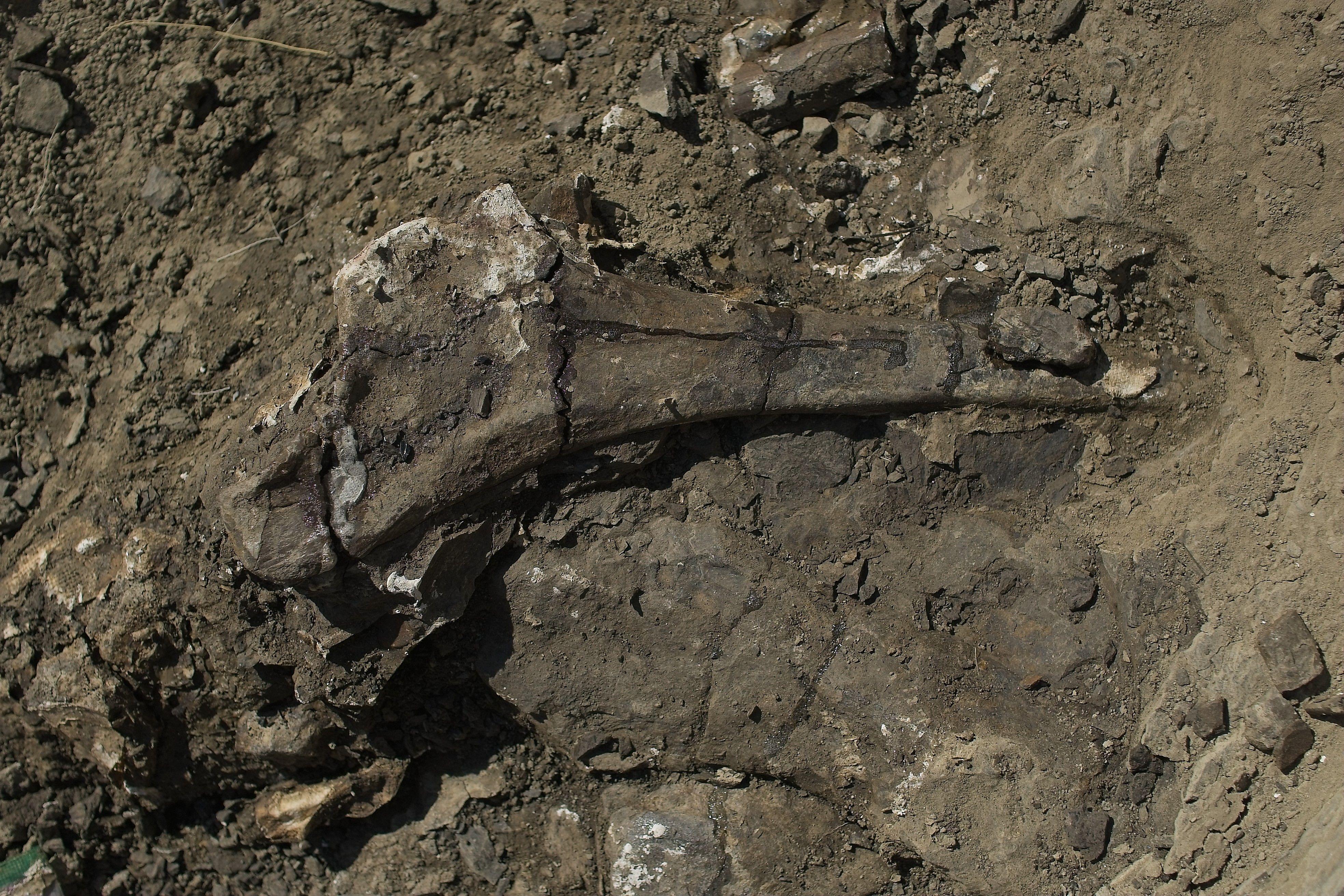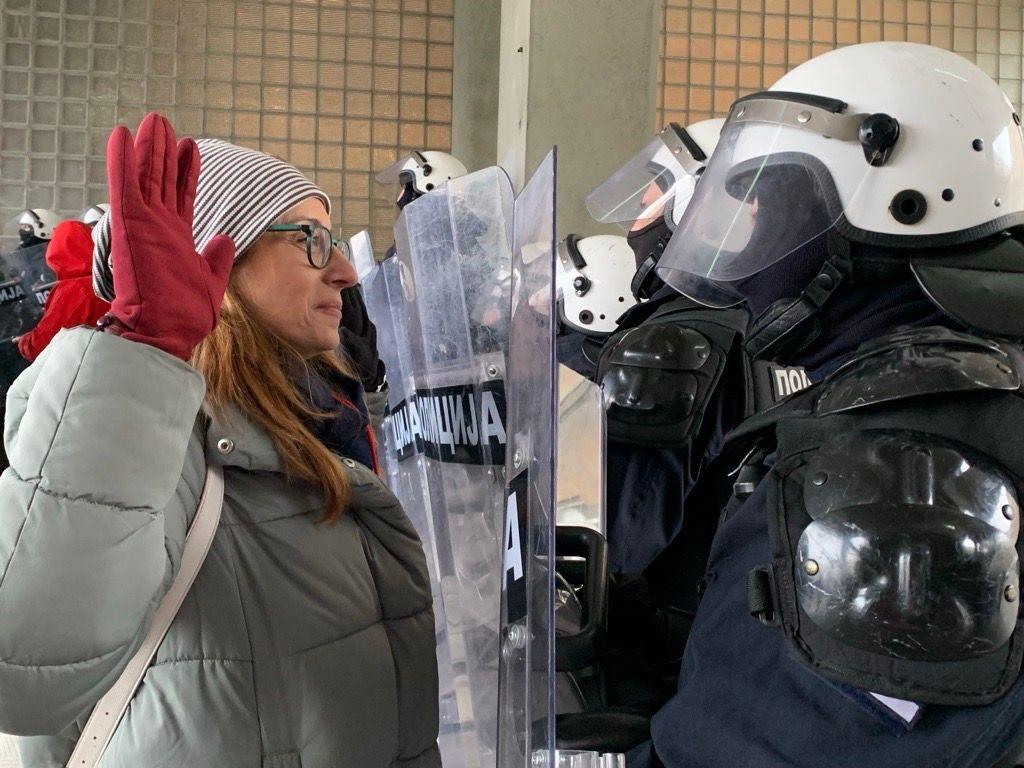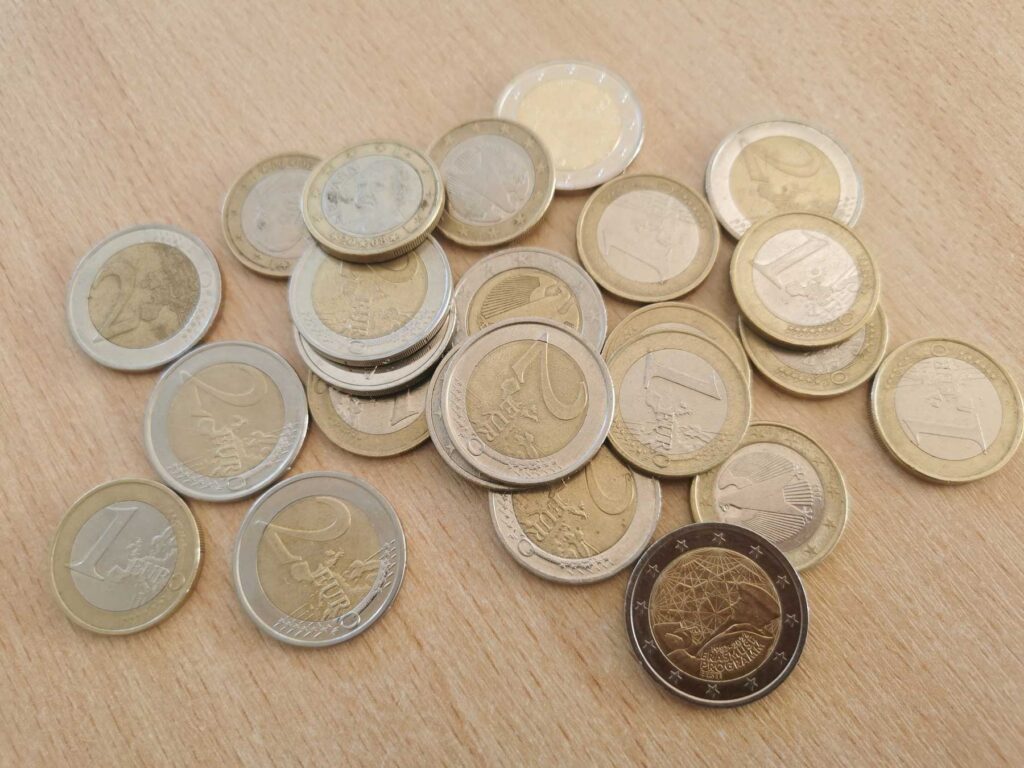Buran Weekend in four EU countries: Analysis of elections in Romania, Poland, Portugal and Croatia – World
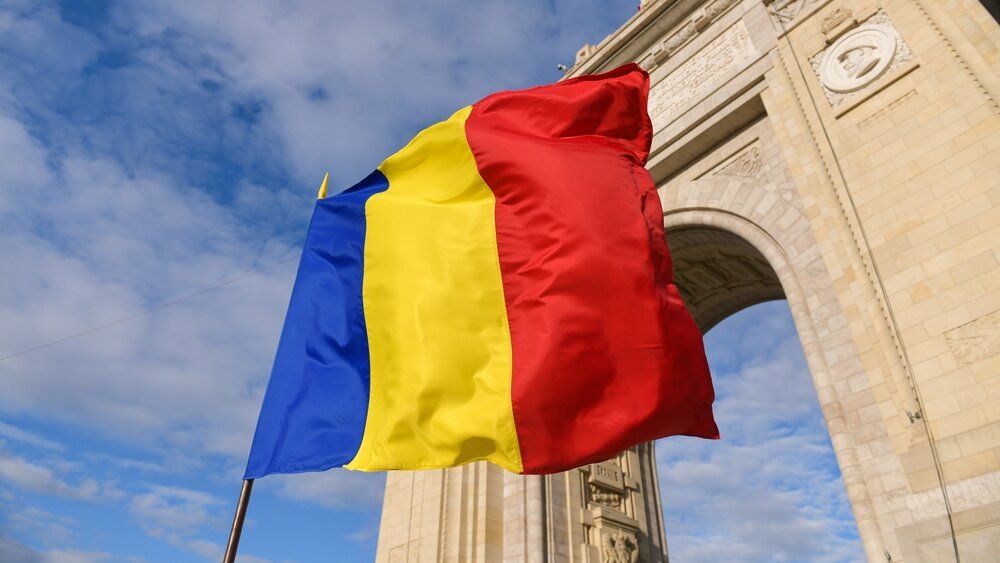
The past weekend was quite bored in four countries of the European Union. The reason is the election – presidential in Romania and Poland, parliamentary in Portugal and local in Croatia.
Certain to be Romania received a new president – a pro-European Mayor of Bucharest Nixuchore of the day.
Yesterday, he beat the candidate of the extreme right of George Simion in the second round, which, in the meantime, admitted defeat.
« The day won the elections, the Romanian people expressed their will », Simion saidemphasizing that they will « continue fighting. »
Remind, Simion opposes further help from Ukraine, is critical according to the EU leadership, is committed to conservative policies and a close connection with the US President Donald Tramp Movement to America again great (Mag). It is also known for advocating for Romania’s return to its 1940s borders. Year, which includes parts of Bulgaria, Moldova and Ukraine. In addition, the opponent is the real LGBT community.
On the other hand, the day is strongly pro-EU and pro-NATO oriented, indicates the importance of Romanian support from Ukraine and promises corruption, reducing economic inequalities and rapid negotiations with entrepreneurs on government formation.
The victory of Romania and three rounds of voting end, considering that the previous presidential election through support of the extreme right and that the winner of these elections were banned in these elections for violating the election rules.
What happens in Poland?
To the second round of choice for president Poland 1. June Proevropean Candidate, Mayor of Warsaw Rafal Tasco and Opposition Conservatives, director of the Institute of Memory Nations Karol Navrocki enter with a minimum difference of 1.5 percent.
Thus, the candidate of the ruling coalition of the right center of Tsaskovski won 31.2 percent of the vote, winning 10 of 16 voivodes, and leads in all major cities in the diaspora. Navrocki won 29.7 percent of votes, which is a slight improvement in relation to the exit polls of Polish televisions immediately after the polls closed.
The first surveys of the second round of elections were published, for private television TV and would win, but very closely Tasco, with 46 percent of the vote, while Navrocka has 44 percent support.
The diaspora in which this time, interest in elections was great, it was for Tanskova with 36.82 percent of votes.
Crucially in the second round 1. June will be the votes of radical nationists Slavomir Mencen in third place, known for extremistics and anti-Semitism, to whom the European Parliament has been confiscated, Gžegož Brown as a sensation is 4.34 percent of the vote.
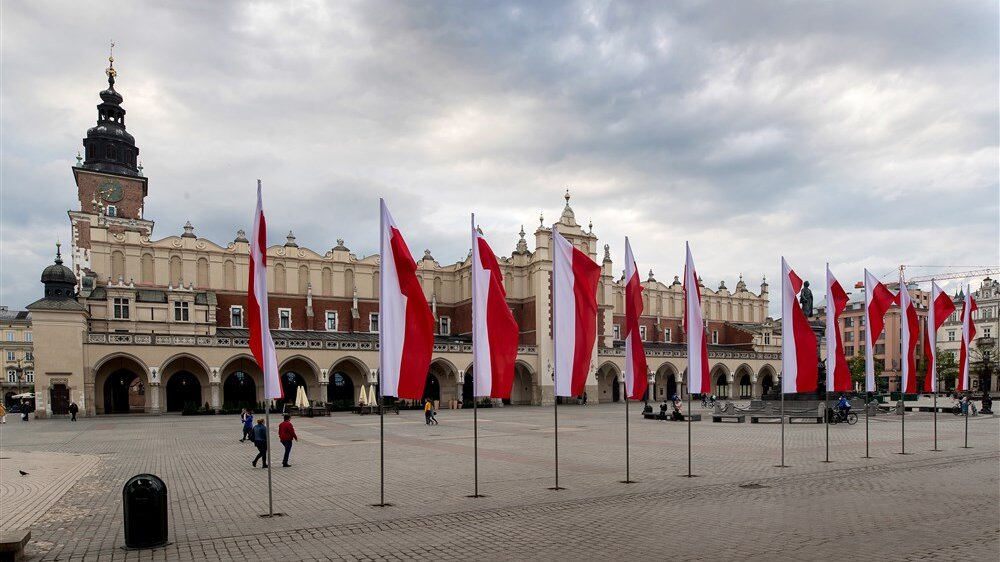
« Volors of Slavomir Mencena hold the key of the Presidential Palace. There are two weeks of MCA, or his voters, or his voters, or the chance of the second round director of the Agency for Public Opinion Exploration IBRIS Marchin Duma.
The outcome of the second round, whether the Government of Prime Minister Donald Tuska will be able to dismantle authoritarian elements, primarily, but other institutions, entered the reforms of the previous authorities of conservative nationalists in law and justice.
Analysts assess that the voters of the ruling wide coalition of Liberal, Demohrišćan and left, are disseminated in the first round of the 2023, especially the recovery of the independent judiciary, the Promise of the Restrictive Law on Abortion and Calculation with the corruption of the previous government.
Precisely women and young voters carried a burden on their shoulders of all eight years the rule of Polish conservative right to autumn 2023. The results of the first round election showed that they stayed at home on Sunday.
By the way, the voter response was 66.8 percent yesterday.
« A variety of candidates on the right side pulled out to the polls of those who are dissatisfied with the government and they found various ways to show the yellow card, » Viborča Analyst Ana Vojjjuk was assessed for Gazet.
Results of early parliamentary elections in Portugal
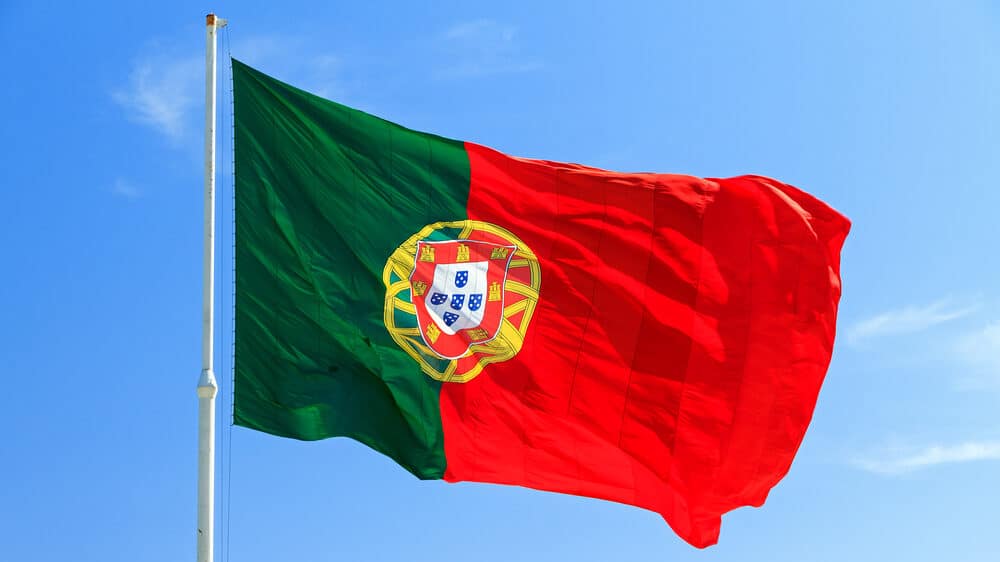
Portuguese government, twisted in controversy about potential conflict of interest, it fell on 11. March after parliament MPs voted out of distrust.
Therefore, early parliamentary elections were held yesterday, and a moderate right-wing coalition government, which was in power a year, won the most votes in early parliamentary elections.
The coalition of the leaving Prime Minister Luis Montenegra (Luis) won between 29 and 34 percent of the vote. However, he will have to fight to form a stable majority in parliament.
Montenegro He promised supporters that would « stimulate investments » and « guarantee prosperity and social justice ».
In second place is the Socialist Party, which received between 21 to 26 percent of votes. The Socialist Lider Pedro Nuno Santos resigned because his party lost places in parliament and found himself in balance with the extremely right-wing party of which – a relatively new party, which won up to 24 percent of the vote.
The Lead of the Theme Andre Ventura said that the « historical » result marks the end of the domination of two parties in Portugaltransmits BBC.
The care campaign focused on issues of immigration and corruption, and most likely helped the fact that these and previous elections were caused by the scandals that the then prime minister was involved.
It now remains to be seen how needed a new Portuguese government will be to be formed and it has also been made to which Montenegro is ready.
Zagreb, Split and Rijeka get mayors in the second round
The mayor of the largest cities in Croatia, Zagreb, Split and Rijeka, will be elected in the second round of local elections, 1. June, since none of the candidates in the election week failed to win more than 50 percent of the vote.
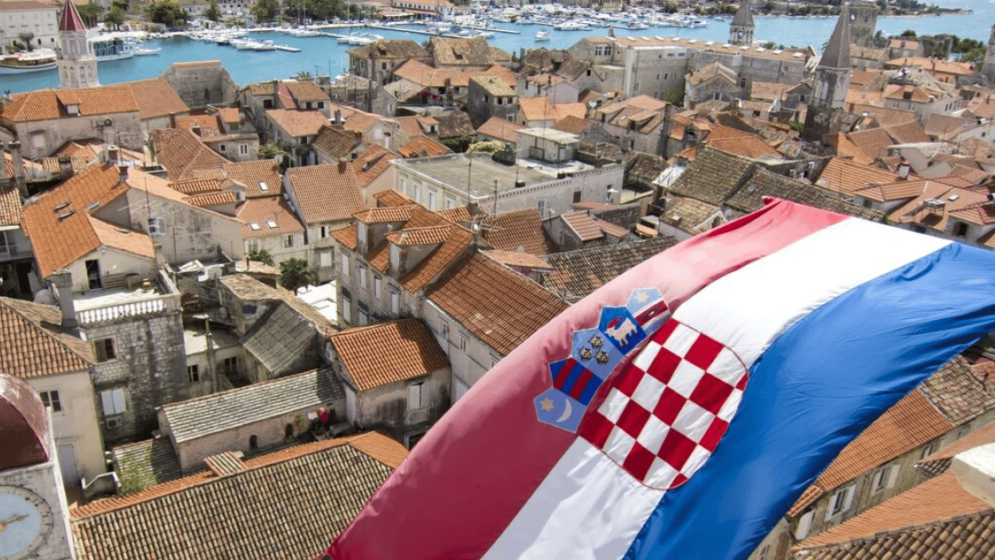
The most interesting is Zagreb where the current mayor was expected to the second round Tomislav TomaševićUnited Left Candidate, Parties We can also have a Social Democratic Party (SDP), whom a little was missing for victory already in the first round.
Tomašević won more than 47 percent of votes and in the second round will face the second-placed, independent candidate Marija Selak Raspudić, which won about 15 percent of the vote.
In Split, the current Mayor of the Mayor (center) from the won about 35 percent of Votes and HDZ candidate Tomislav was entered in Split.
It is interesting that Iva Rinčić (shares of young people and partner parties) from the won about 40 percent of the vote and current mayor with about 20 percent were in the second election for the mayor of the Rijeka.
The SDP, which in power in Rijeka for more than 30 years, was left without candidates in the second round, as the candidate of that party, the current Deputy Mayor Sandra Krpan ended in third place.
This party opted for Krpan instead of the current mayor of Marko Filipović, now already a former SDP, who subsequently entered the electoral race as an independent candidate.
Croatia It has 576 local units – 428 municipalities, 127 cities and 20 counties along the city of Zagreb, which has special status of the city and county.
In seven cities and 112 municipalities, the elections were already decided before, because only one candidate or one list was running in them, and most of the pre-famous mayors and mayors were from HDZ.
Members of national minorities were elected from their ranks, among other, ten deputy counties, 18 deputy mayors and 39 deputy municipal chiefs.
As for the Deputy Coupan, members of the Serb minority were elected in seven counties: Karlovac, Lika-Senj, Osijek-Baranja, Vukovar-Sremska, Šibenik-Knin, Sisak-Moslovakia and Bjelovar-Bilogorje.
Follow us on our Facebook and Instagram page, but also on X account. Subscribe to PDF List release today.

